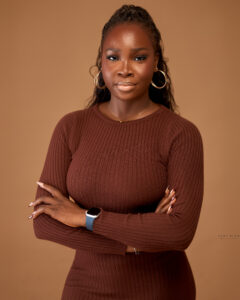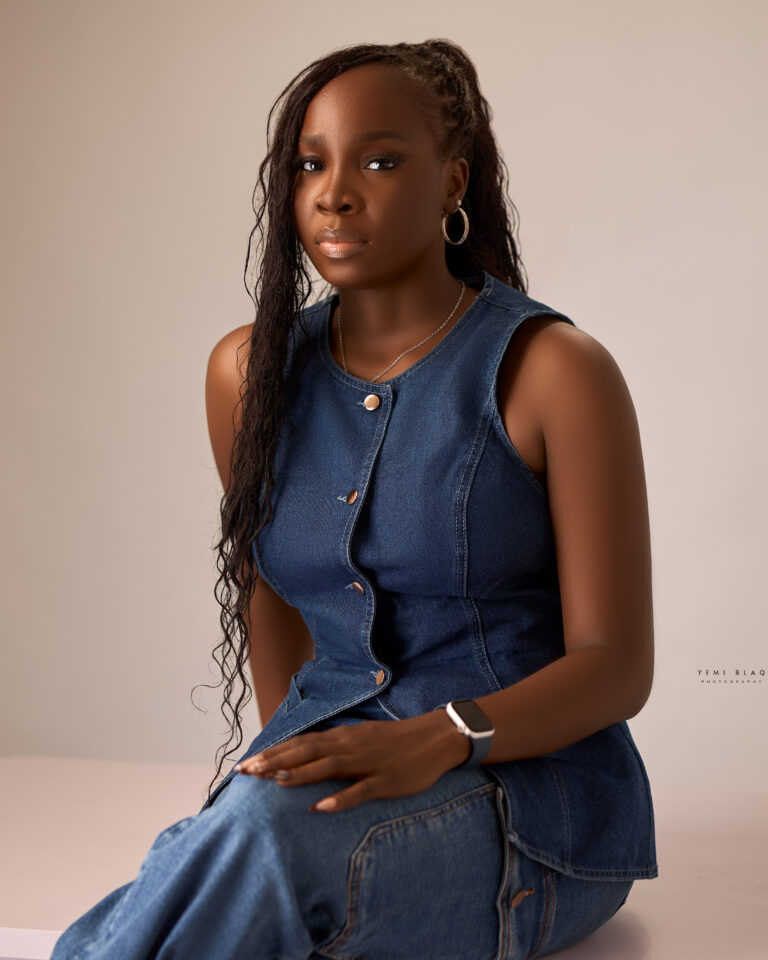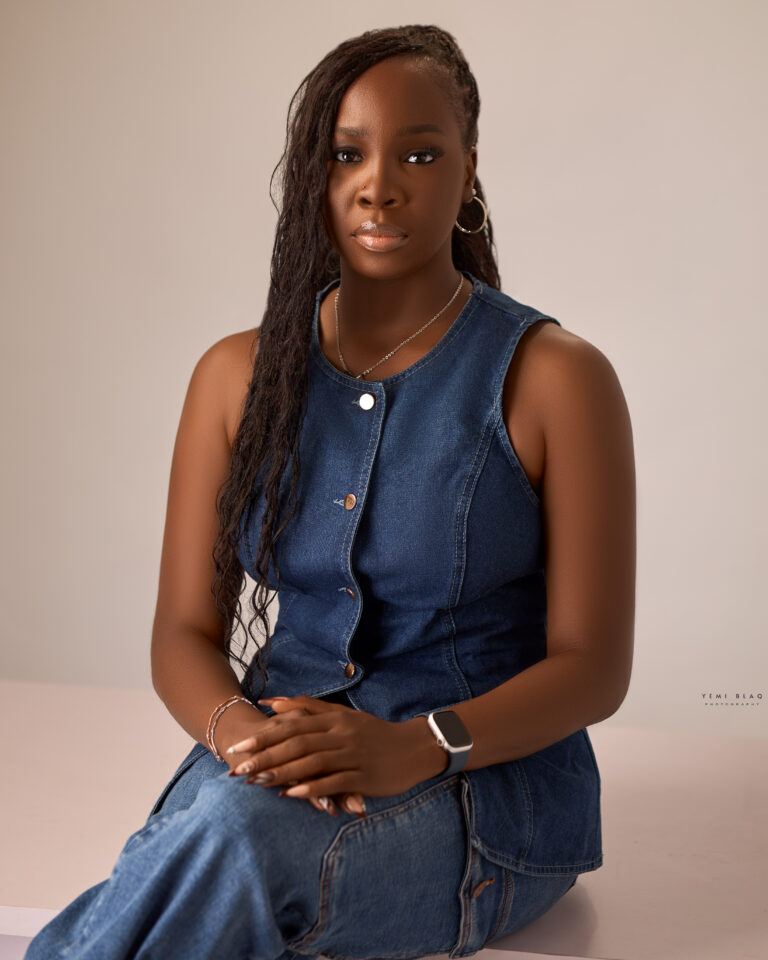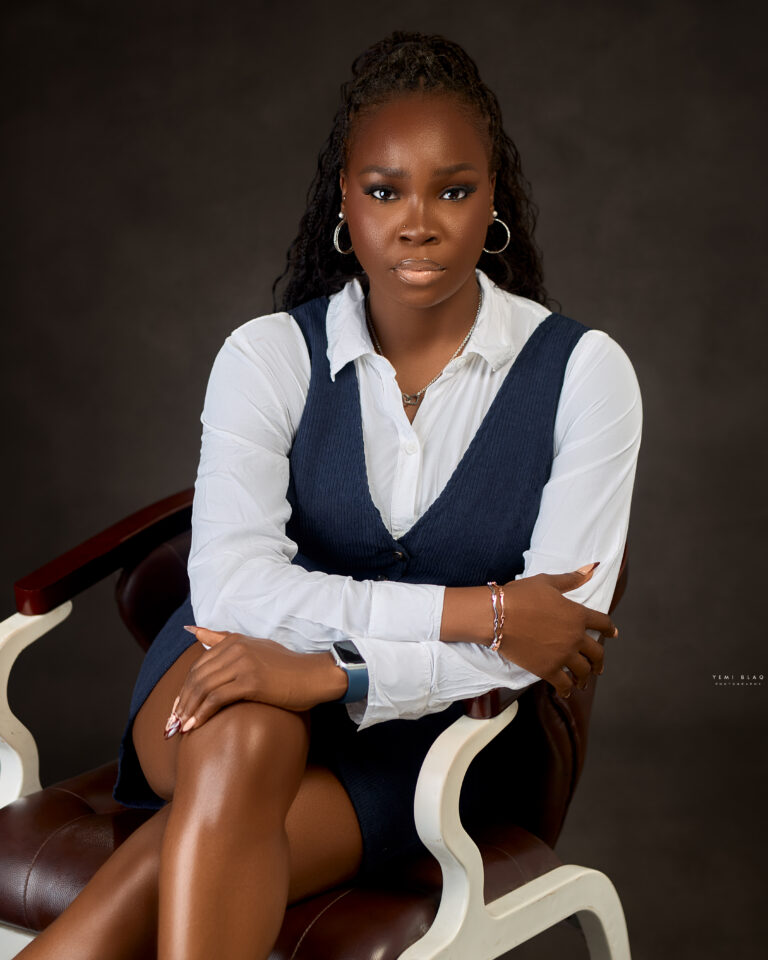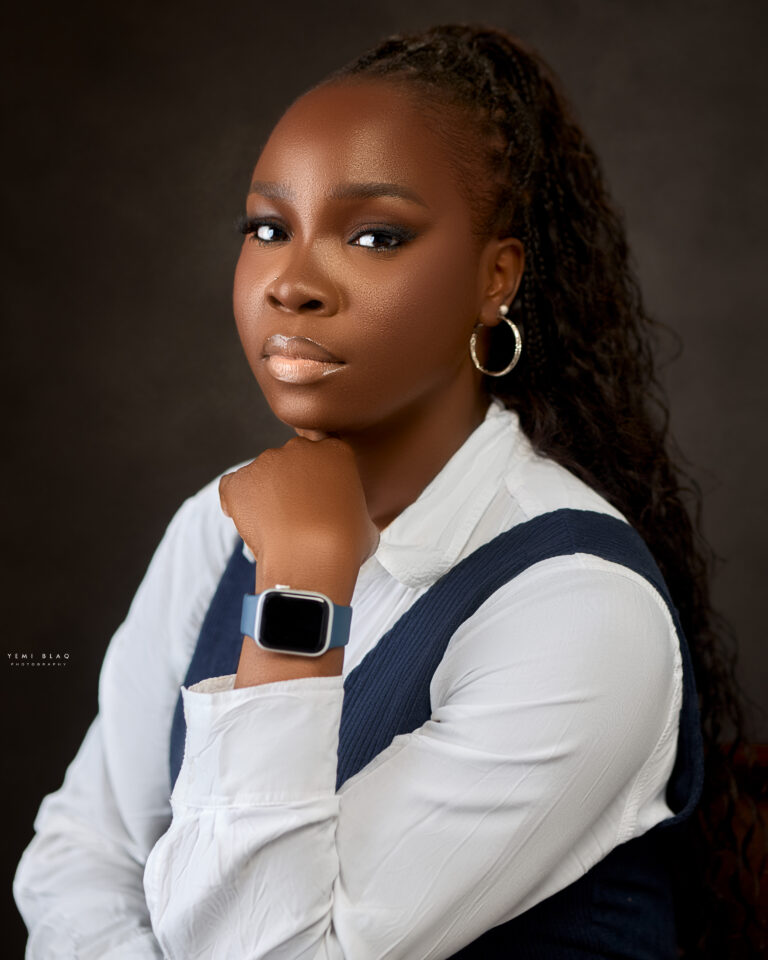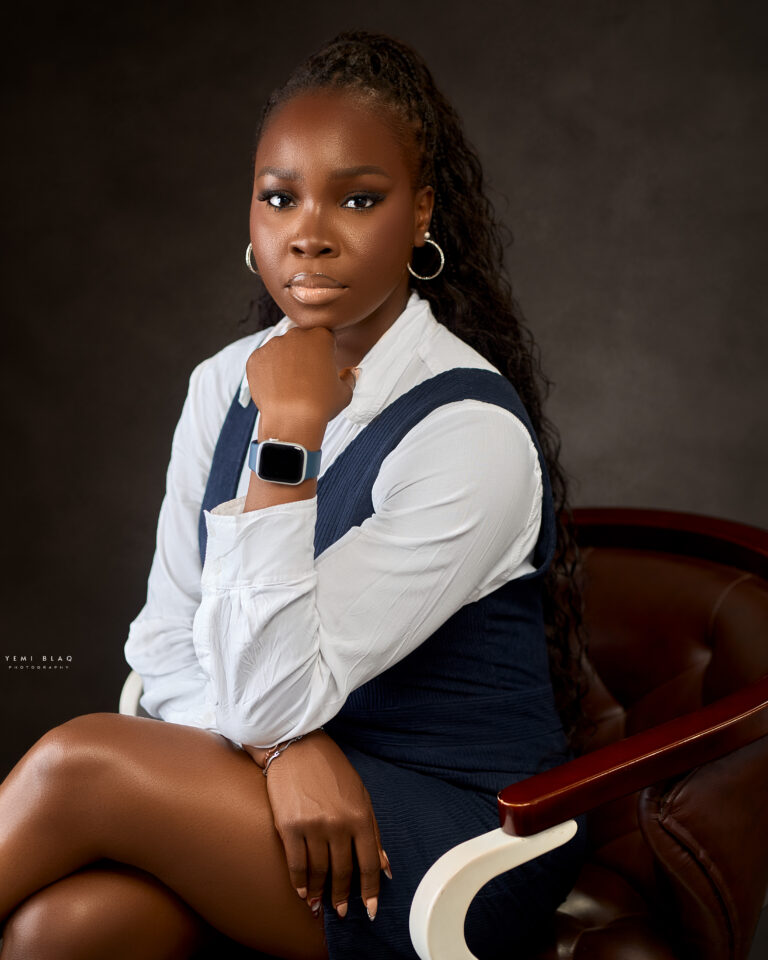I am an artist-scholar, creator, and multidisciplinary PhD candidate in the Department of Performance Studies. My writing and research explore the intricate intersections of Colorism, Dance, Performance, Media Representation, Black women’s labor, identity politics, and skin-bleaching practices. I explore the sacrifices dark-skinned Nigerian female performers make to attain cultural belonging and interrogate the media’s role in perpetuating Euro-American beauty standards. My work critically analyzes how societal pressures shape self-representation and embodiment and how identities and bodies become sites of negotiation and resistance. I take an interdisciplinary approach that bridges rigorous academic research with creative expression—leveraging storytelling, performance, and visual media to explore race, identity, and aesthetics. At the core of my work is a commitment to social justice, policy impact, and community empowerment. I see creativity as a catalyst for change, and I strive to build spaces where people are seen, heard, and inspired to become their fullest selves.
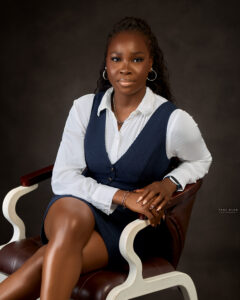
I have received scholarships, fellowships, grants, and graduate assistantships from institutions and organizations, including the European Union Erasmus Mundus Scholarship, the University of Edinburgh, the Government of Ireland International Educational Scholarship, Northwestern University, and the Black Metropolis Research Consortium. Additionally, I was inducted into the Edward A. Bouchet Society, which recognizes “outstanding scholarly achievement and promotes diversity and excellence in doctoral education and the professoriate.” I am the author of An African Feminist Reading of Wole Soyinka (2024), published in The Republic Journal, and the co-author of Burna Boy, #EndSARS, and the Use of Restlessness (2024), published in The Black Scholar (TBS) Journal of Black Studies and Research.
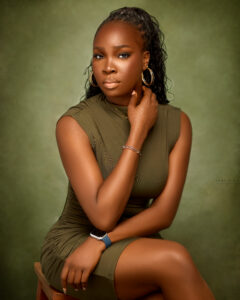
Beyond the academia, I’m deeply invested in using knowledge as a tool for transformation. Whether through artistic collaboration, public engagement, or grassroots advocacy, I aim to co-create spaces where underrepresented voices—especially those of Black women and girls—are uplifted, protected, and empowered. My work engages questions of identity and visibility not only in theory but also in practice–bridging the gap between cultural critique and real-world change. I see my work as part of a broader ecosystem of justice, care, and creativity—one that reaches classrooms, policy spaces, and cultural movements. Through mentorship, storytelling, and community-centered initiatives, I hope not only to shift narratives but also to help people access the resources and confidence they need to thrive and lead.
